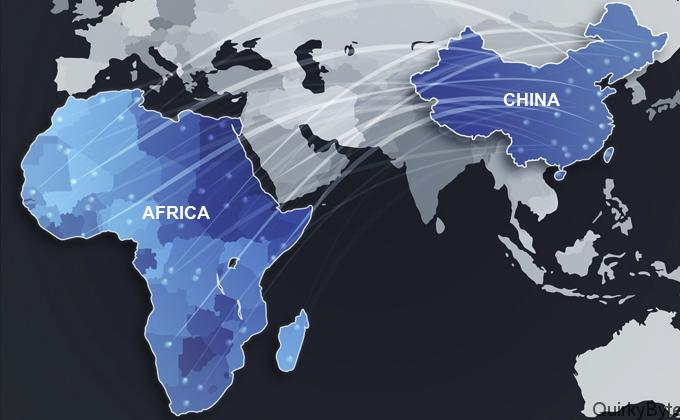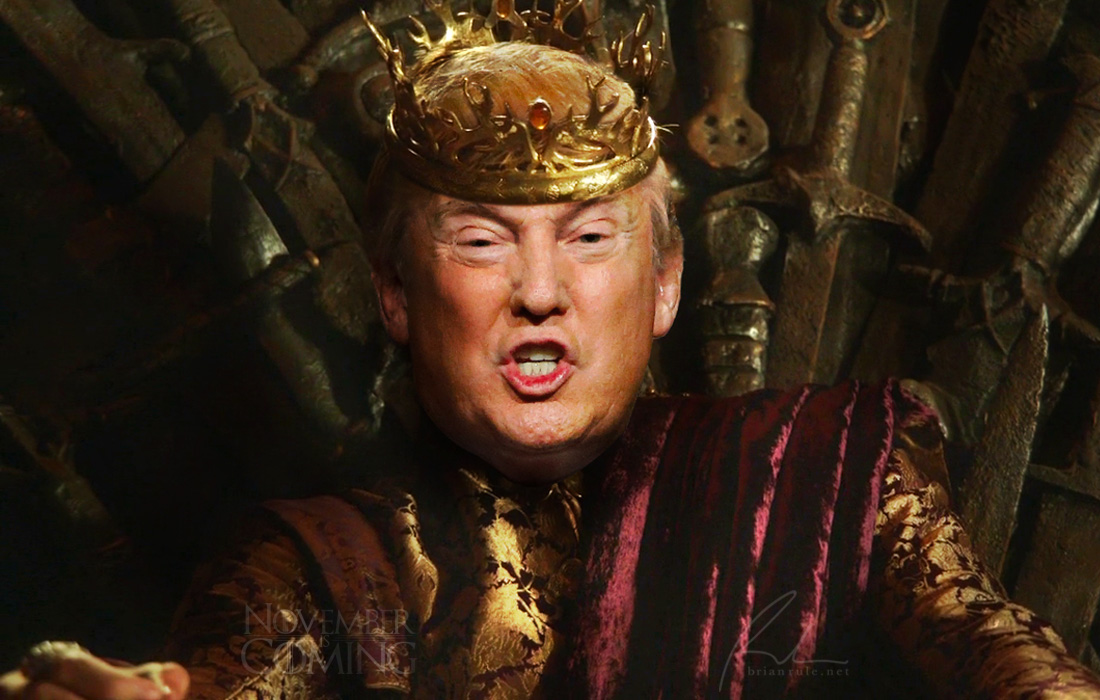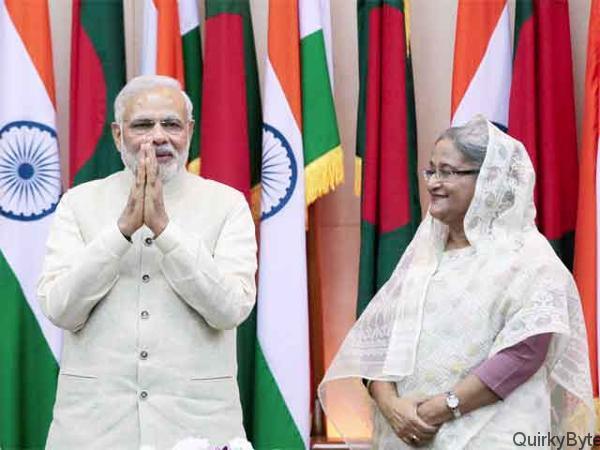Neo-colonialism: The Sino-African economic expansion.
In the contemporary world in order to maintain an economy, one needs to have a proper industry and influx of raw material to the same industry, evident from the western and Chinese economic expansion, a growth in the economy has to be backed by a growth in the infrastructure and upturn in production and utilization of resources. But what if this expansion is not limited to a country’s geographical borders, what if the companies from one country seek to expand to other nations and function there in terms of extraction of raw materials or production of goods and services.
Although being a benefit for the economy of the Country hosting the foreign companies, it can also jeopardize the sovereignty of the host country. Neocolonialism (also Neo-imperialism) is the geopolitical practice of using capitalism, business globalization, and cultural imperialism to influence a country, in lieu of either direct military control or indirect political control, this would mean that in the neo-colonial countries can exercise political and economic control over the host country without any military intervention and political backing.
Historically, any colonial activity has been backed with a military support from the colonial country like the British assistance to the East India Company and the Spanish colonialism in Latin America but the concept of Neocolonialism has eliminated the use of military aggression and exchanged it with economic and political control over the host country.
China, for example, has been operating in the continent of Africa since Mao Zedong, the first leader of the Chinese Communist Party, following the Chinese Civil War, initiated modern political and economic relations with Africa, Starting in the 21st century, the modern state of the People’s Republic of China has built increasingly strong economic ties with Africa.
In 1978, China was one of the poorest countries in the world and had a real per capita GDP that was one-fortieth of the United States. Today, China’s real capital GDP is almost one-fifth that of the U.S., and it is poised to overtake the United States as the largest economy in the world. To support this booming economic growth, China’s demand for natural resources has become insatiable. In exchange for locking up access to natural resources, China has granted billions of dollars in loans to African governments. With an increasing number of these governments beholden to China, a new imperial colonial sun is setting over Africa.
Contrary to popular beliefs, China’s interest in the African continent exceeds more than just extraction of raw material, China’s interests in Africa include at least four dimensions of national interest: political, economic, security and ideological. China seeks Africa’s support for the Chinese Communist Party’s domestic political legitimacy and for China’s foreign policy agenda, being the only Asian country in the five permanent members of the U.N, China has sought to gain support in the forums of the U.M by increasing its influence over African countries.
The Chinese government actively promotes investment in Africa through concessional loans, commercial loans, and regular and preferential export buyer’s credits, From 2009 to 2012, China provided $10 billion in financing to Africa in the form of “concessional loans”, Much of Chinese financing is associated with securing Africa’s natural resources. Using what is sometimes characterized as the “Angola Model,” China uses resource backed financing agreements to reach deals with recipient nations that rely on commodities, such as oil or mineral resources, to secure low-interest loans from China. In addition to securing Africa’s natural resources, China’s capital flows into Africa also create business opportunities for Chinese service contractors, such as construction companies. In the case of Chinese assistance to Africa for infrastructure development.
China has become by far Africa’s biggest trading partner, exchanging about $160 billion worth of goods a year; more than 1m Chinese, most of them laborers and traders, have moved to the continent in the past decade. The need to protect China’s increased investments in Africa have driven a shift away from China’s traditional non-interference in the internal matters of other countries to new diplomatic and military initiatives to try to resolve unrest in South Sudan and Mali.
In the near future, China’s engagement with Africa is predicted to grow even more. However, given China’s priority of fueling domestic economic growth with African resources and market potential, a more profound reconsideration of China’s overall strategic engagement with Africa will be required to resolve the most fundamental problems in Sino-African relations. The inertia that currently characterizes China’s policy approaches to Africa will most likely remain unchanged in the near future.




